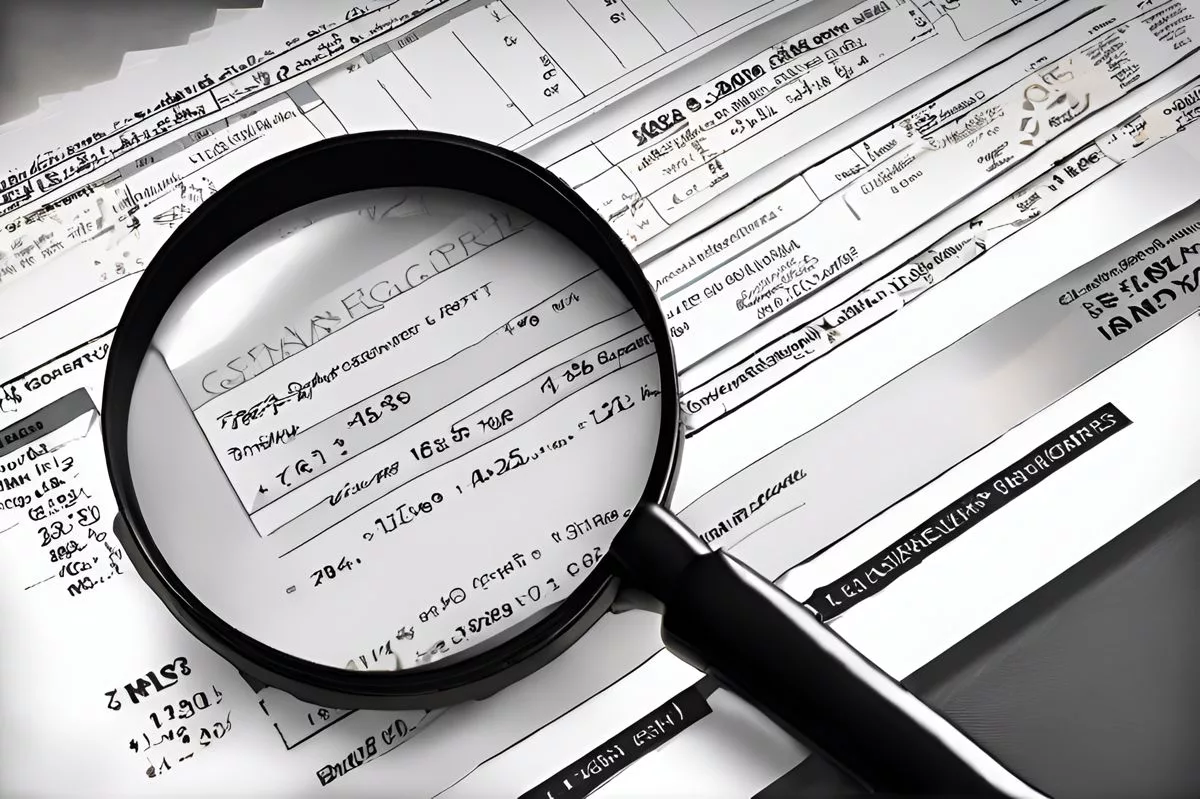SCOPA members are a diverse group committed to ensuring public funds are allocated clearly in South Africa. They are united in their mission to address financial matters and take a proactive approach to financial management. The committee is planning to create a mechanism to assist organizations with financial management and governance issues. Their dedication reflects the true essence of democracy and public service.
SCOPA members are committed to working together to ensure the clear-cut allocation of public funds in South Africa. A diverse yet united committee, SCOPA’s mission is to scrutinize and address all lingering financial matters while adopting a proactive approach towards financial management. They are planning to create a mechanism to assist organizations with financial management and governance issues. The SCOPA members’ dedication to enhancing public sector financial management reflects the true essence of democracy and public service.
In the heart of South Africa’s political landscape, a committed team of members from the National Assembly’s Standing Committee on Public Accounts (SCOPA) has decided to stand as a united front. Their pledge is to work collaboratively, sidelining party affiliations, spurred by a shared objective – the suitable and clear-cut allocation of public funds.
SCOPA: A Diverse yet United Committee
SCOPA, a significant component of the South African political structure, is a diverse assembly. Its membership includes individuals from the African National Congress, the Democratic Alliance, the uMkhonto weSizwe Party, the Economic Freedom Fighters, and various other parties. The composition of the committee itself demonstrates the democratic principles that form the foundation of South African politics.
With the completion of a comprehensive two-day induction workshop, the SCOPA members have now equipped themselves with the necessary expertise to carry out their obligations for the Seventh Parliament. They have been informed about the committee’s mission, working methodology, oversight functions, resolution processes, and the preceding report of the Sixth Parliament.
SCOPA’s Mission for the Seventh Parliament
This induction serves as a stepping stone for the committee members to carry on the unresolved tasks of the Sixth Parliament. Their goal is lucid – to scrutinise and address all lingering matters. This initiative will ensure that important financial issues are brought to the fore in the National Assembly’s discussion and incorporated into future agendas.
SCOPA’s concern regarding the mismanagement of public finances is quite apparent. The committee has articulated its discontent with departments and state entities that fail to submit their annual reports punctually, or sometimes not at all. It has also voiced criticism towards state entities that consistently receive disclaimers.
SCOPA’s Proactive Approach Towards Financial Management
In response to these challenges, SCOPA has adopted a proactive stance. They are planning to create a mechanism that will assist organisations battling with financial management and governance issues. The proposed solution aims at providing necessary attention and support to these establishments, enabling them to upgrade their financial performance.
The week ahead for SCOPA members promises to be a bustling one. The Special Investigating Unit (SIU) is on schedule to update the committee on several urgent matters. These updates encompass the unit’s mission, its rapport with Parliament, the proclamation process, and the monetary value of ongoing cases. The committee will also be enlightened about potential cooperative efforts with SCOPA.
Moreover, the committee is slated to receive briefings from the Office of the Accountant-General and the Chief Procurement Officer. These briefings will touch upon a spectrum of topics, including initiatives to enforce consequences using the Public Finance Management Act, Treasury Instruction Note 4, along with issues related to unauthorized, irregular, and wasteful expenditure, as well as supply chain management procedures.
SCOPA Members: Reflecting the Spirit of Democracy and Public Service
The sense of unity and purpose among SCOPA members is truly galvanizing. Their dedication to enhancing public sector financial management, regardless of their political alignments, is noteworthy. This essentially mirrors the true essence of democracy and public service. As the SCOPA members embark on their conscientious work, the nation observes with optimism and eagerness.
1. What is SCOPA and what is their mission?
SCOPA is the Standing Committee on Public Accounts, a diverse yet united committee in South Africa’s National Assembly. Their mission is to scrutinize and address all lingering financial matters while adopting a proactive approach towards financial management.
2. What is SCOPA’s stance on the mismanagement of public finances?
SCOPA is concerned about the mismanagement of public finances and has voiced criticism towards departments and state entities that fail to submit their annual reports punctually, or sometimes not at all. They have also expressed their discontent with state entities that consistently receive disclaimers.
3. How does SCOPA plan to address financial management and governance issues?
SCOPA is planning to create a mechanism that will assist organizations battling with financial management and governance issues. This proposed solution aims at providing necessary attention and support to these establishments, enabling them to upgrade their financial performance.
4. What topics will be covered in the upcoming briefings for SCOPA members?
The upcoming briefings for SCOPA members will touch upon a spectrum of topics, including initiatives to enforce consequences using the Public Finance Management Act, Treasury Instruction Note 4, issues related to unauthorized, irregular, and wasteful expenditure, as well as supply chain management procedures.
5. What is the composition of SCOPA?
SCOPA is a diverse assembly consisting of individuals from various political parties in South Africa, including the African National Congress, the Democratic Alliance, the uMkhonto weSizwe Party, the Economic Freedom Fighters, and others.
6. What is the significance of SCOPA’s dedication to enhancing public sector financial management?
SCOPA’s dedication to enhancing public sector financial management reflects the true essence of democracy and public service. Their sense of unity and purpose, regardless of their political affiliations, is noteworthy and galvanizing.












